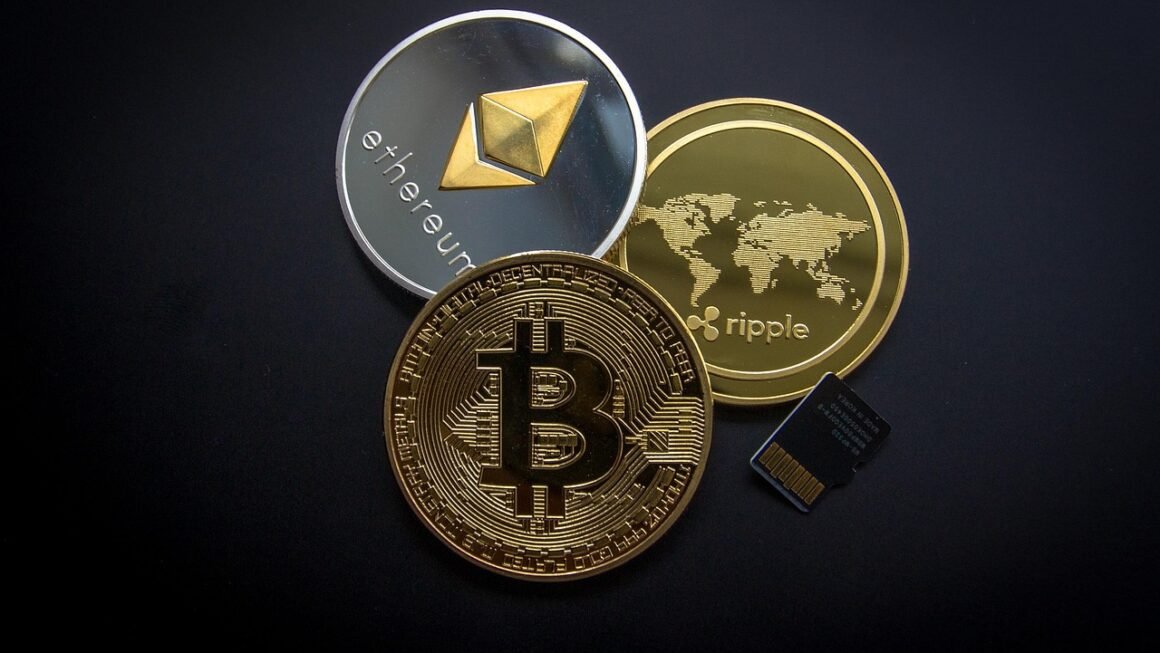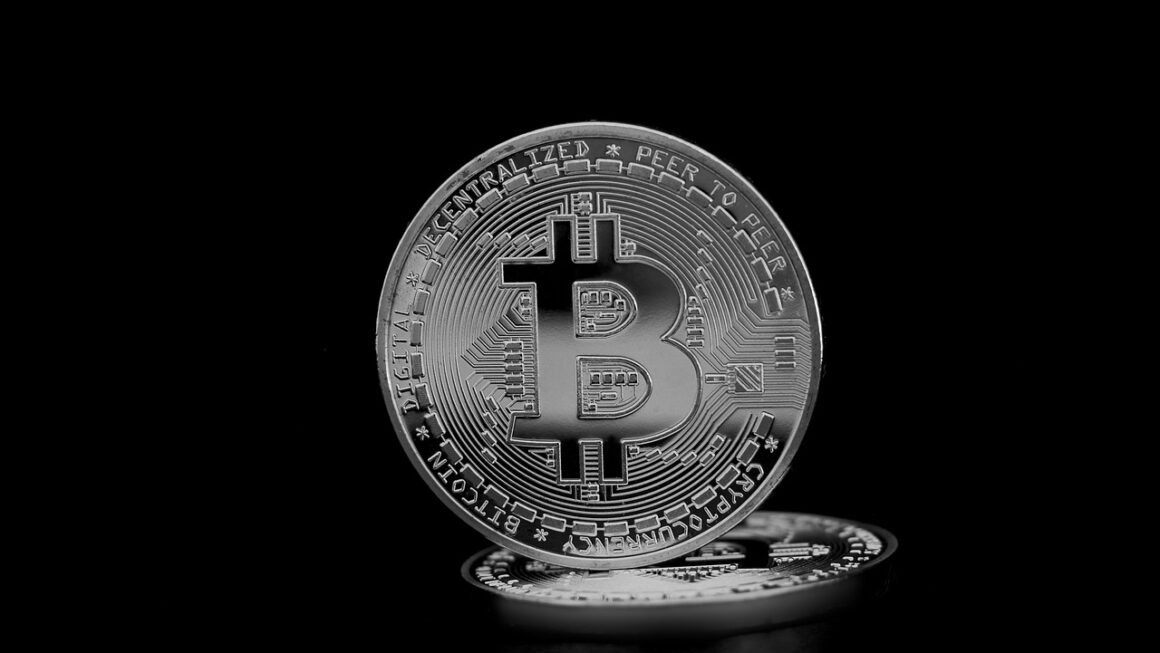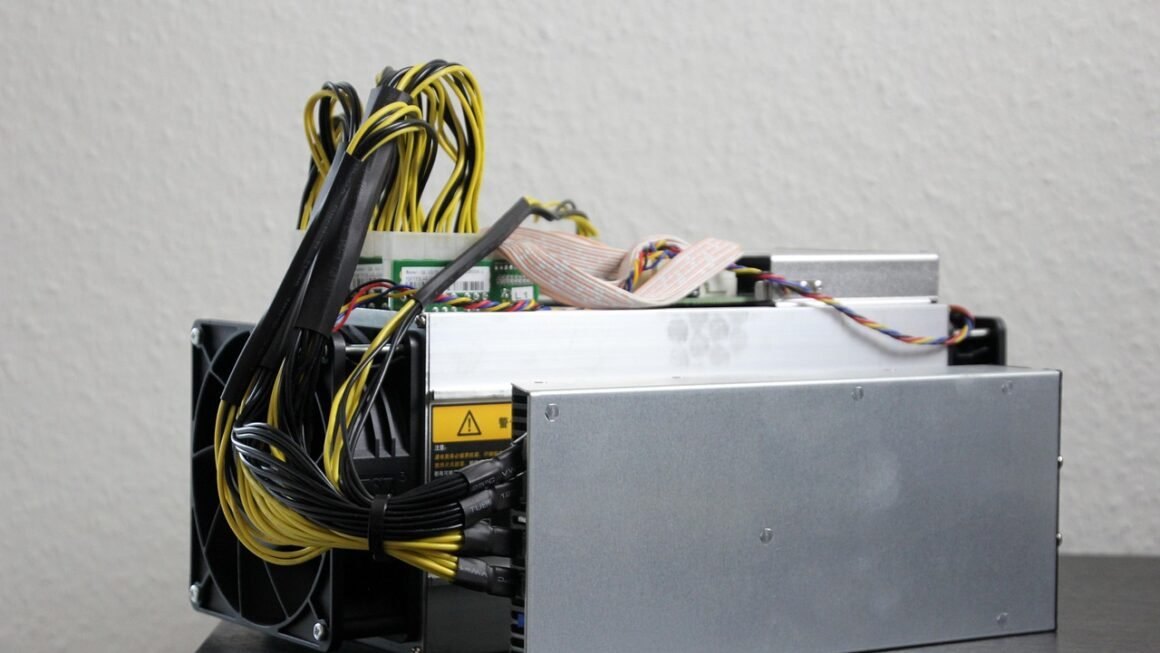Imagine a world where smart contracts can seamlessly interact with real-world data, unlocking a universe of possibilities beyond the confines of the blockchain. This is the power that oracles bring to the table, bridging the gap between the digital and physical realms, and enabling a new era of decentralized applications (dApps).
What are Blockchain Oracles?
Defining Oracles
Blockchain oracles are essentially third-party services that provide smart contracts with external data. Smart contracts, by design, cannot access data outside of their blockchain network. Oracles act as the crucial intermediaries, fetching, verifying, and transmitting external information to smart contracts, allowing them to execute based on real-world events.
Why are Oracles Necessary?
The deterministic nature of blockchains means that all nodes must agree on the state of the blockchain. External data sources, however, are inherently unreliable. Oracles solve this problem by providing a trusted and verified data feed that all nodes can agree upon. Without oracles, smart contracts would be limited to the data that exists on the blockchain itself, significantly restricting their functionality.
- Allow smart contracts to respond to real-world events.
- Enable a wide range of applications, from decentralized finance (DeFi) to supply chain management.
- Overcome the inherent limitations of blockchain’s isolated environment.
Different Types of Oracles
Oracles come in various forms, depending on the type of data they provide and the direction of information flow. Here are some key categories:
- Software Oracles: Retrieve data from online sources, such as APIs, databases, and websites. For example, fetching current cryptocurrency prices from an exchange API to trigger a loan liquidation in a DeFi protocol.
- Hardware Oracles: Collect data from the physical world using sensors or other physical devices. Consider using temperature sensors to automatically execute an insurance payout based on crop damage due to frost.
- Consensus-Based Oracles: Aggregate data from multiple sources to enhance reliability and accuracy. This method reduces the risk of relying on a single, potentially flawed, data point. Chainlink is a prominent example of a network offering this functionality.
- Inbound Oracles: Transmit data from the outside world to the blockchain. These are more common than outbound oracles.
- Outbound Oracles: Send data from the blockchain to the external world. An example is triggering a payment to a bank account after a smart contract condition is met.
- Centralized Oracles: Controlled by a single entity, offering a single point of truth but also introducing a single point of failure.
- Decentralized Oracles: Use a network of multiple, independent sources to provide data, mitigating the risk of manipulation or single-point failures.
The Oracle Problem: Trust and Security
The Centralized Oracle Challenge
Centralized oracles pose a significant security risk. If the oracle is compromised or provides inaccurate data, the smart contract will execute based on that flawed information. This negates the trustless nature of the blockchain.
- Vulnerability to attacks and manipulation.
- Lack of transparency and accountability.
- Reliance on a single entity.
Decentralization as a Solution
Decentralized oracles mitigate the “oracle problem” by aggregating data from multiple independent sources. This reduces the risk of relying on a single, potentially unreliable or malicious, data provider. By using consensus mechanisms, these networks aim to provide accurate and trustworthy information to smart contracts.
- Increased reliability and accuracy.
- Reduced risk of manipulation and censorship.
- Enhanced transparency and accountability.
Key Security Considerations
Even with decentralized oracles, security remains a top priority. Smart contract developers and oracle providers need to implement robust security measures to protect against various attacks:
- Data Source Validation: Ensure that data sources are reliable and trustworthy.
- Data Aggregation Techniques: Employ robust aggregation methods to filter out outliers and ensure data accuracy.
- Incentive Structures: Design incentive structures that reward honest oracle behavior and penalize malicious activity.
- Reputation Systems: Implement reputation systems to track the performance and trustworthiness of oracle providers.
Practical Applications of Blockchain Oracles
Decentralized Finance (DeFi)
Oracles are fundamental to the functionality of many DeFi protocols. They provide price feeds for lending platforms, decentralized exchanges (DEXs), and stablecoins.
- Price Feeds: Used to determine collateralization ratios for loans, calculate interest rates, and execute liquidations. Chainlink’s price feeds are widely used in DeFi for these purposes.
- Stablecoins: Oracles provide the necessary data to maintain the peg of stablecoins to their underlying asset (e.g., USD).
- Synthetic Assets: Oracles enable the creation of synthetic assets that track the price of real-world assets like stocks, commodities, and currencies.
Supply Chain Management
Oracles can track the movement of goods throughout the supply chain, providing transparency and accountability. For example, they can verify the authenticity of products, track their location, and monitor their temperature and humidity.
- Product Authentication: Oracles can verify the authenticity of products by comparing their unique identifiers against a database.
- Location Tracking: Oracles can track the location of goods using GPS sensors, providing real-time visibility into the supply chain.
- Condition Monitoring: Oracles can monitor the temperature and humidity of goods, ensuring that they are stored and transported under optimal conditions.
Insurance
Oracles can automate insurance payouts based on real-world events, such as weather conditions, flight delays, and natural disasters. Imagine smart contracts automatically paying out to farmers whose crops are damaged by excessive rainfall, based on data provided by weather oracles.
- Parametric Insurance: Oracles trigger payouts based on predefined parameters, such as rainfall levels or earthquake magnitude.
- Claims Processing: Oracles can automate the claims processing process by verifying the occurrence of insured events.
Gaming and Gambling
Oracles can ensure fairness and transparency in decentralized games and gambling platforms. For example, they can generate random numbers, verify the outcome of games, and ensure that payouts are made fairly.
- Random Number Generation: Oracles can provide verifiable random numbers for games and gambling platforms.
- Outcome Verification: Oracles can verify the outcome of games by comparing the game’s state to external data.
Choosing the Right Oracle Solution
Key Factors to Consider
Selecting the appropriate oracle solution depends on the specific requirements of the smart contract application. Here are some crucial factors to consider:
- Data Accuracy: The accuracy and reliability of the data provided by the oracle are paramount.
- Security: The security of the oracle network and its resistance to attacks are essential.
- Decentralization: The level of decentralization of the oracle network influences its trustworthiness and resilience.
- Cost: The cost of using the oracle service should be factored into the overall cost of the smart contract application.
- Data Availability: Ensure that the oracle provides data for the required assets and markets.
- Latency: Consider the latency of the data feed and its impact on the smart contract’s performance.
Popular Oracle Providers
Several oracle providers are available, each with its strengths and weaknesses. Some popular options include:
- Chainlink: A leading decentralized oracle network providing a wide range of data feeds and services.
- Band Protocol: A cross-chain data oracle platform that aggregates and connects real-world data to smart contracts.
- API3: A decentralized API marketplace that provides direct access to APIs for smart contracts.
- Witnet: A decentralized oracle network that uses a reputation system to ensure data accuracy.
Practical Tips for Implementation
Implementing oracles in smart contracts requires careful planning and execution. Here are some practical tips:
- Start Small: Begin with a simple implementation and gradually increase complexity as needed.
- Thorough Testing: Rigorously test the integration of the oracle with the smart contract.
- Monitor Performance: Continuously monitor the oracle’s performance and address any issues promptly.
- Stay Updated: Keep abreast of the latest developments in oracle technology and best practices.
Conclusion
Oracles are a critical component of the blockchain ecosystem, enabling smart contracts to interact with the real world and unlock a vast range of new applications. While the “oracle problem” presents challenges, decentralized oracle networks are continuously evolving to provide secure, reliable, and trustworthy data. As blockchain technology matures, the role of oracles will only become more important, driving innovation and adoption across various industries. Choosing the right oracle solution and implementing it effectively is crucial for building robust and successful decentralized applications.



